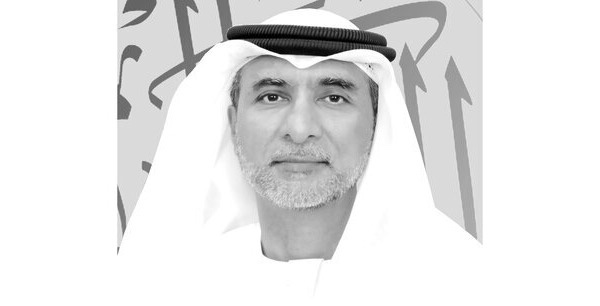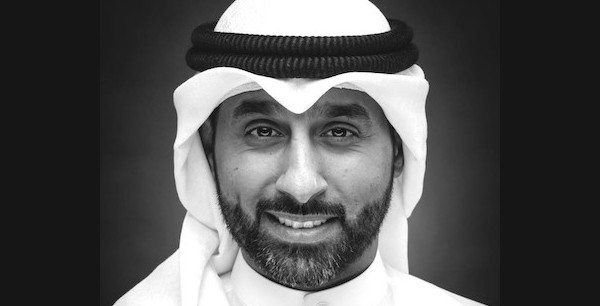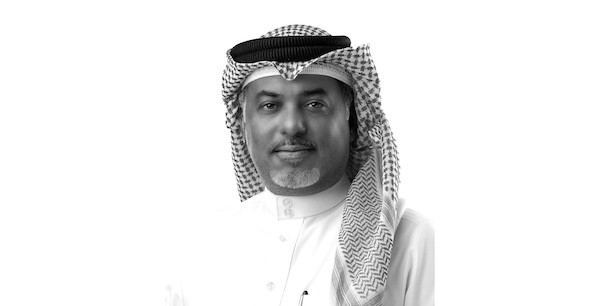
Ivana: You are a very young, ambitious man in a world of investing in startups. What is a relatively new topic: If I’m right you are just 28 years and behind you so many experiences from the whole world. How did you become invested at a young age ?
Slavo : My path to Venture Capital has not be most direct and since the beginning of my career I would not have guessed that few year later Venture Capital would be something that I am excited about. My first real experiences with startups and Venture Capital started when I was head of scouting at a daughter company of one major german car brand responsible for bringing new mobility concepts to market. This job later took me to startup capitals such as Tel Aviv and Beijing where I spent considerable amount of time. After my return back to Slovakia
,,I was given the opportunity by Jan K. and Peter Z. to help them kick-start their activities in the startup world together with my colleague Andrej P.”
Ivana: The market created a very interesting place for investors, we can say, then we live a “golden age of investment”. The market is full of money, What is the effect of this trend for investing in the environment?
Slavo: I would agree with the fact that there is currently an oversupply of capital, at least in the VC world. This holds particularly true in the CEE region where we operate, but I would rather rephrase is to the „golden times for entrepreneurs“. One of the reasons is that due to the fact that there is an oversupply of funds, it has never been easier to get an investment and pursue an idea. This, of course, is a double edged sword, because if we make access to capital very simple, it will result in the fact that projects of lower quality get funded too. About 10 years ago we had a very similar situation in the CEE market already, I would call it the first startup wave, where a lot of money was sprayed on projects with insufficient quality. On the positive note, there are still good projects out there, it’s just more difficult to find them and to win in the competition of other VCs.
Ivana: We can sort Investors into more categories, including style of project, investing, or the strategy they decide. How is the division of the investors and what are the differences between them?
Slavo: In the Venture Capital world there are multiple investment angles. The basic ones can be distinguished by the size of the ticket and the maturity of the company at the time of the investment.
This basic categorization looks like this:
Pre seed capital:
Small tickets in very early stage companies, without customers and possibly without developed solutions. 50 – 100k EUR in the CEE region.
Seed capital:
Also early stage, but with finished solutions and validated product market fit on limited customer sample size. 250k – 1m EUR in the CEE region.
Series A capital:
These companies have proven their solution on a larger customer base, are generating revenues and their next aim is to scale beyond their home market. 1-5m EUR in CEE region.
Series B + capital:
at this stage the company can already be sold, or further financing rounds are opened to finance expansion into other geographies.
Angel investors:
What is also important to mention is that different types of funds attract different maturities of companies. Pre-seed and Seed stages are usually covered by Angel investors, government funds or early-stage VC funds. For later stages it is typical that larger VC funds invest, often from abroad or even corporate venture capital is realistic in these stages.
Since our establishment earlier last year, the aim of our investment company was to position ourselves on the edge between venture capital and private equity. We are looking for startups in their early stages but also for stable and profitable companies from more “boring” industries outside of IT, who are seeking partners for their next growth. This hybrid approach gives us an advantage over typical venture capital companies in the region, since our partners and managers are closer to the company on a day-to-day basis. The whole focus of our company was to help innovative companies in CEE and that is what we do, diversification into other asset classes is not our approach.
The typical strategy of a VC is to bet on many “horses” hoping that one of them would be the “10x company” or a “unicorn” and return the whole fund. On the other hand PE investments are more about ongoing dividends by investing into already profitable companies, driving the size of the tickets. Our strategy is to look at smaller scale companies with revenue which are positioned in the gap between VC and PE. Part of our strategy is to also not chase growth for the sake of growth, but to see how we can help the company achieve profitability. We believe that also the scope of VC and PE is changing, developments in North America support democratisation of funding and more founder centric structures.
Ivana: What are the steps needed to analyze the project and then future success?
Slavo: Since the beginning we have based our decision making on investment criteria. These we have refined over the time and we have added other aspects which we consider important. Every project which makes it to the analysis stage is run through our investment criteria sheet which consists of 16 separate criteria and 3 defining characteristics. The aim of these is to judge in general, among others, aspects such as problem solved, strength of the solution, scalability, traction and the strength of the funding team. Using such an approach also helps us to compare projects between in each and builds an internal “knowledge base”.
Ivana: The market is full of the new opportunities for investing. Many of the owners of startups miss the real experiences from business or they do not have necessary skills. They look at the startups like options for very fast and easy enrichment and so a lot of them approximately 90% expire very early. When do you know if a project will be a perspective?
Slavo: One of the things that I have learnt when I spent time in Tel Aviv, was the fact that the majority of successful startup founders were in their 40s. This was mainly due to the fact that they collected their experiences in many different roles before and became experts on a certain topic in which they later saw an opportunity and decided to exploit it. But overall, we look at previous traction in projects that we consider to have a change at being successful, because if the market and the customers have already spent money on that solution, it builds faith that there will be more interested ones. Startups are experiments and that is how they should be taken, not all of them will validate.

Ivana: Which one strategy do you appreciate in an investment and when do you know if the investment was good ?
Slavo : We generally recognize two investment stages that we look at, those being “validation” and “growth”. If we consider the target company to be ready with their solution, but still needs to validate the demand in the market, we consider it as an earlier stage company and thus the tickets are smaller because the risk is higher. Companies which have proven that there is demand for their product or service usually need money to grow within their geography. These are usually bigger tickets for longer term which should bring the company to the region of profitability.
Our aim is to be in this business for at-least 10 years and be a long-term investor if needed. Since we are not structured as a fund, we are not tied to investment and divestment periods or to some kind of a vintage. This we believe, is also a factor that is attractive for founders who are looking for a long-term investment partner who is willing to accept a dividend based cooperation and not only an exit, thus the hybrid VC-PE model.
Ivana: Le Globless is an international project aimed at connecting investors and investment opportunities. I like to share new experiences, knowledge, culture and strategies. By sharing our culture and knowledge, we build our respect and trust. I would like to share experiences between countries. We can learn from each other. Le Globless connects the right investors with the right international projects.What do you think about our mission Le Globless and building a new generation of business?
Slavo: I absolutely see the motivation of Le Globless to support this new and interconnected generation of business. Keep growing!
If you wanna be successful, experience is necessary and knowledge is one of your keys. Possibly at the start of your journey you will need a little support from somebody with more wisdom . After you can be sure, your business will be successful and it doesn’t matter even if you are men or woman, before 30 or after 50……







